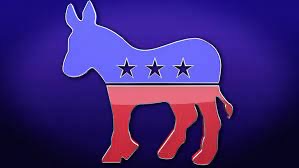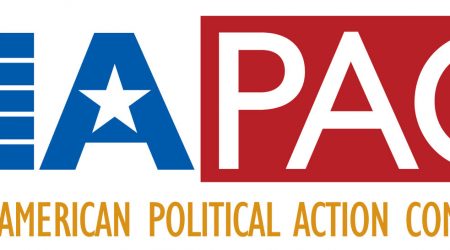Washington: Senate Democrats plan to give $1,400 checks to fewer people under a deal struck with President Joe Biden under which every American who filed individually and makes up to $75,000 will still get the full amount before it begins to reduce at incomes above that. But rather than zeroing out at $100,000 earnings, as the last Covid-19 relief bill does, the Senate bill will cut off payments at $80,000, the media reported.
For couples filing jointly, incomes up to $150,000 will still get the full amount. But rather than zeroing out at $200,000, the Senate bill will cut off payments at $160,000 in earnings.
For taxpayers filing as head of household, the new plan will make the full $1,400 available for those earning under $112,500, with the payment zeroing out at $120,000.
The Senate bill will maintain $400-per-week federal unemployment benefits through August.
The Democratic-controlled Senate is expected to take up the $1.9 trillion Covid-19 relief bill and a final vote is possible by the end of the week or next week.
As with the Covid relief bill, Democrats plan to push through the sweeping voting and ethics legislation also over unanimous Republican opposition. They passed the bill advancing it to the Senate. If passed, it would be the largest overhaul of the U.S. election law in at least a generation.
House Resolution 1, which touches on virtually every aspect of the electoral process, was approved Wednesday night on a near party-line 220-210 vote. It would restrict partisan gerrymandering of congressional districts, strike down hurdles to voting and bring transparency to a murky campaign finance system that allows wealthy donors to anonymously bankroll political causes.
The bill is a powerful counterweight to voting rights restrictions advancing in Republican-controlled state houses across the country in the wake of Donald Trump’s repeated false claims of a stolen 2020 election. Yet it faces an uncertain fate in the Democratic-controlled Senate, where it has little chance of passing without changes to procedural rules that currently allow Republicans to block it.
The stakes in the outcome are monumental, cutting to the foundational idea that one person equals one vote, and carrying with it the potential to shape election outcomes for years to come. It also offers a test of how hard President Joe Biden and his party are willing to fight for their priorities, as well as those of their voters.
Republicans contend that it would give license to unwanted federal interference in states’ authority to conduct their own elections — ultimately benefiting Democrats through higher turnout, most notably among minorities.
“Democrats want to use their razor-thin majority not to pass bills to earn voters’ trust, but to ensure they don’t lose more seats in the next election,” House Minority Leader Kevin McCarthy said from the House floor Tuesday.












